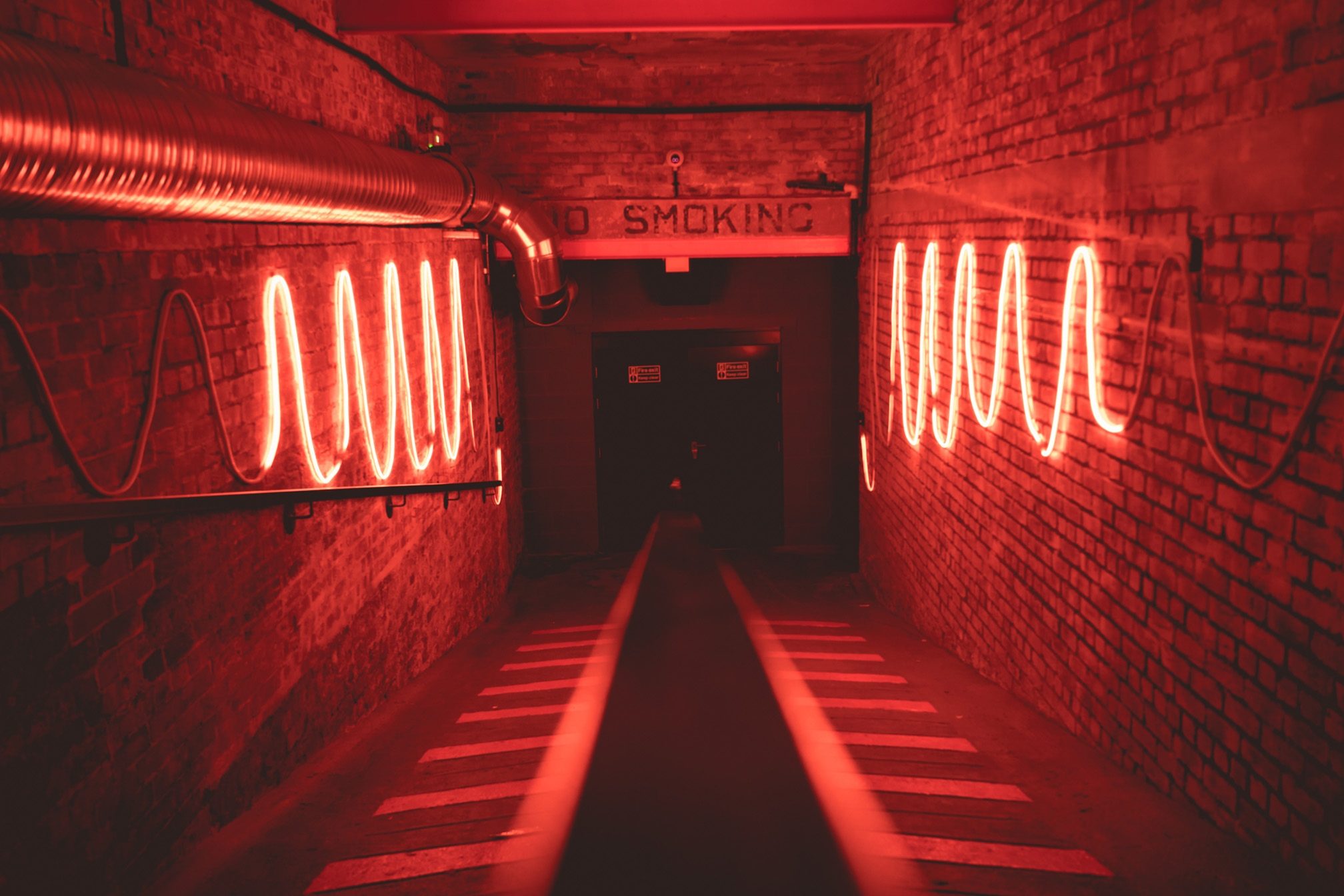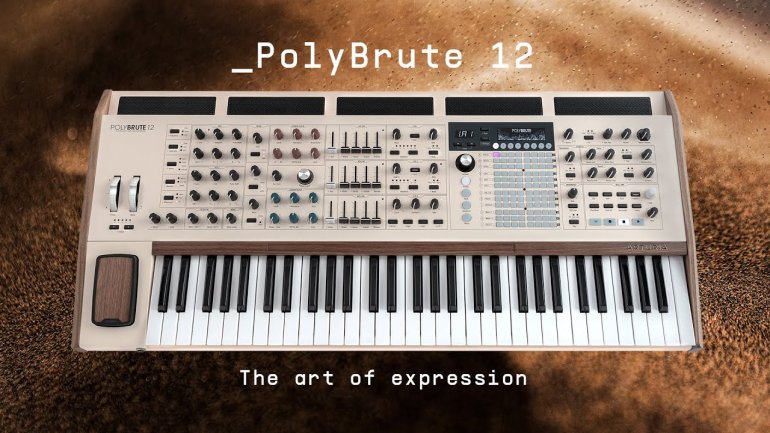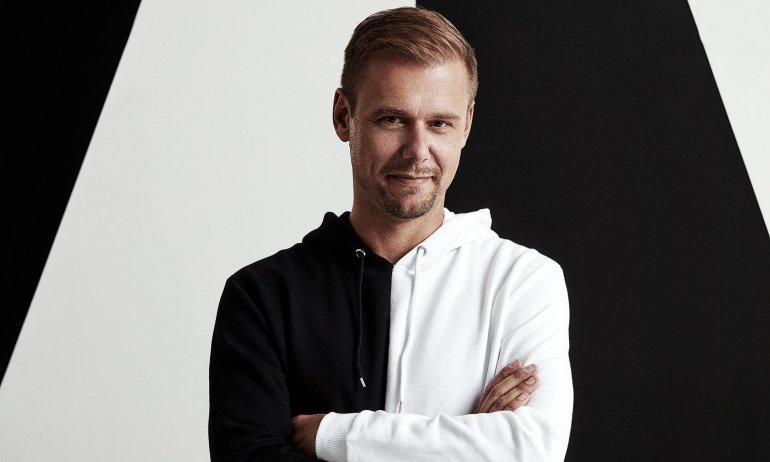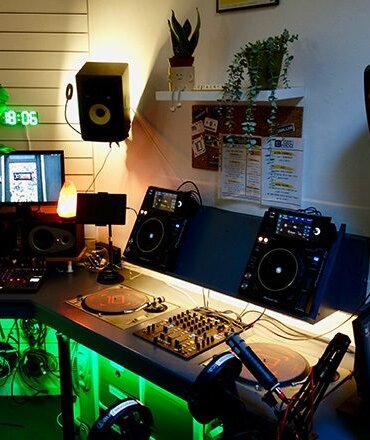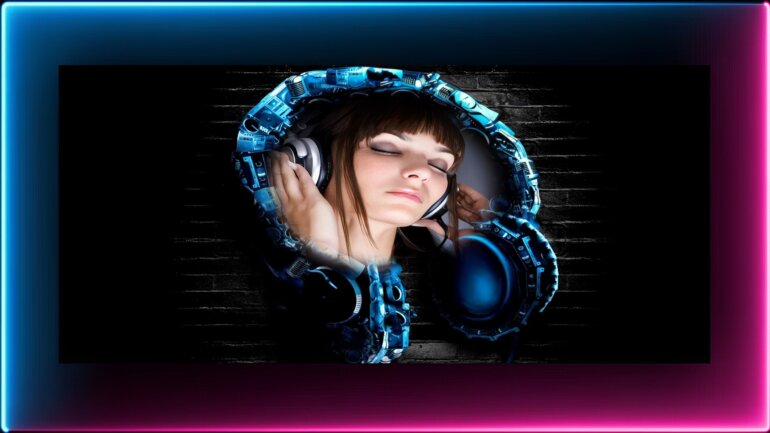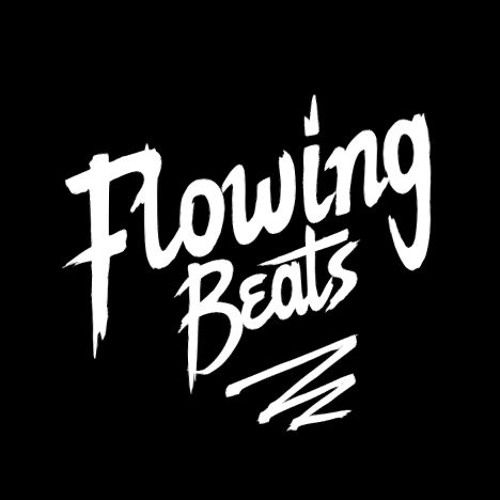-
 play_arrow
play_arrow
LIVE (HD 128-KBPS)
SPRAY SHOP IS THE FORMER CAR GARAGE FUELLING LIVERPOOL’S UNDERGROUND RENAISSANCE
A 300-capacity former car garage, already attracting dance music juggernauts
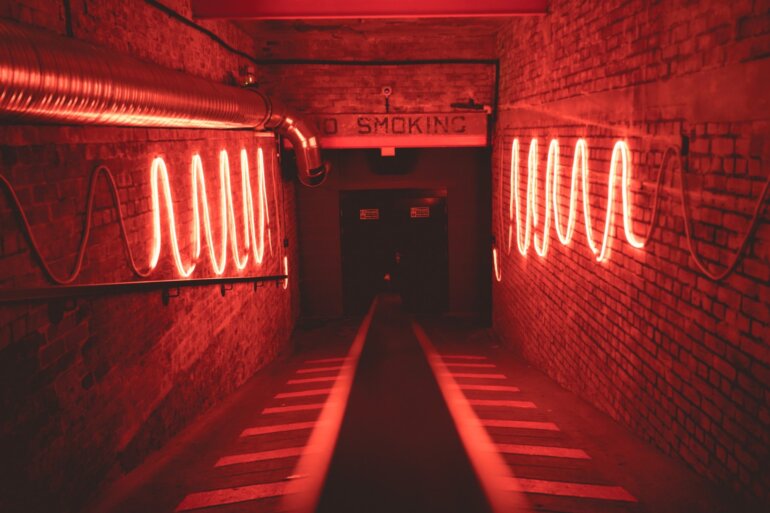
Liverpool and music have always been a formidable duo. From The Beatles conquering the world, to Jamie Webster selling out venues all over the country; it’s is no different in electronic, with the city having produced a range of artists from across the dance spectrum — Rockman Rock, Evian Christ, Ultrabeat, Apollo 440, Camelphat and more. It’s the birthplace of Cream, the club night-turned-mega-brand, first established in Liverpool’s now-closed Nation nightclub in the early ’90s before growing into a fully-fledged dance music juggernaut – attracting people from all over the country, and globe, to its later home in Wolstenholme Square.
However, it is a fair assessment to say that the clubbing experience within the city has struggled to match its empiric contribution to the world of dance music as seen in the ’90s to the early 2000s. Since Cream shuttered its doors in 2006, to focus more on festivals and international clubbing events — Liverpool’s once-blazing scene began to resemble more of an ember, muffled in comparison to thriving electronic meccas like Manchester and London. In recent years, there have been attempts to emulate the thousands-strong events seen in those cities, à la The Warehouse Project and Printworks — in particular Circus, an event run by former-Cream resident Yousef. Though markedly, these events have not found a home in the city centre – like the mega-clubs of years gone by – but instead on the outskirts of the city.
Vauxhall, which lies just north of the city centre, is home to a bracket of disused warehouses, dockyards and other former-industrial structures, and spent decades in decay before it was chosen to be the home of Everton’s new stadium. Recently, the Ten Streets Project has been launched, which aims to regenerate Vauxhall in the same mould as the large-scale redevelopment of the Baltic Triangle – or The Baltic – with which the city council invested in rehabilitating abandoned buildings and warehouses, into a burgeoning arts and community hub, brimming with bars, clubs and more.
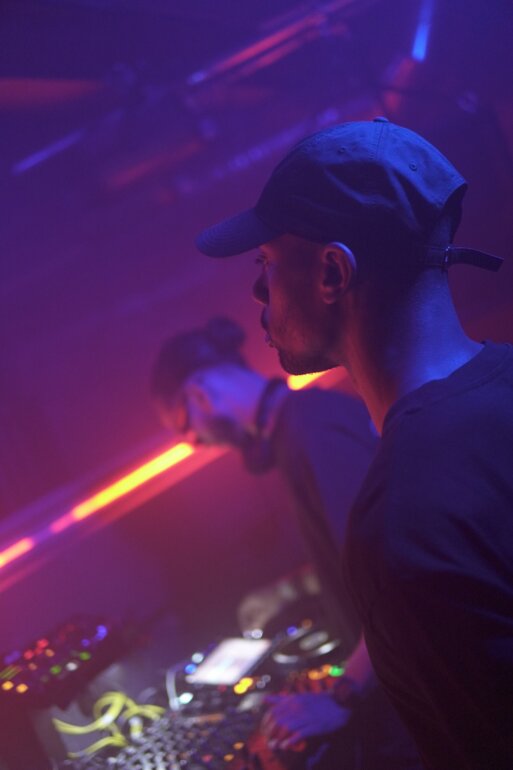
But for now, Vauxhall acts as the unofficial home of Liverpool’s blossoming underground; its neglected facade hides a plethora of venues that have become mainstays for the city’s rave-inclined. On the larger end are Blackstone Street Warehouse and the Invisible Wind Factory; massive spaces with the potential to house thousands of dancers. While the area’s smaller, intimate venues have become driving forces behind Liverpool’s reconnection with its clubland roots — with clubs like Meraki and WaV providing a wide variation of underground sounds. While WaV primarily offers nights catered to fans of tech-house and techno, Meraki attendees can catch everything from minimal to jungle — booking a combination of hardworking local selectors and national and international names.
Earlier this year, another intimate nightclub opened its doors in the area: The Spray Shop. Housed within a former underground car garage, the 350-capacity space is the brainchild of DJ/producer Kyle Muldoon, aka Eldon — who first discovered the space in 2021, at the time being used as a storage facility. “As soon as I entered, I could see that it had a lot of character, even though it was a bit of a mess at that time,” he recalls. The venue opened its doors for the first time in February, with a launch party headlined by none other than Richy Ahmed, with Muldoon telling Mixmag at the time of launch that “This place I can assure you isn’t going to be just another nightclub in Liverpool, I’m here to create a cultural legacy that this city can be proud of.”Inspired by his own experiences DJing at both large and small-scale venues across Europe, Muldoon set about to ensure attendees would have an immersive experience at his club, with lighting and sound at the centre.
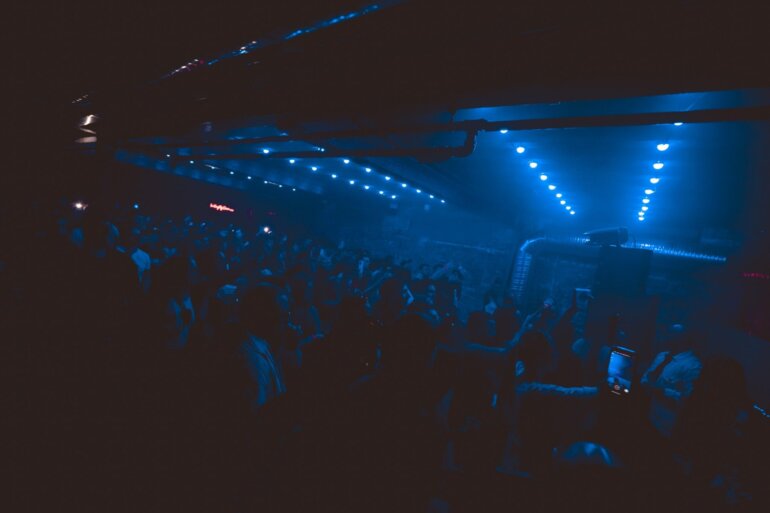
“The speakers were the most important thing for me,” he says. “Before we even started stripping the walls of the place, I knew what system I was getting for it.” When Liverpool-based audio experts Studiocare fitted monitors in Kyle’s home studio, they took him to one of their warehouses to view a new system they had received from globally-renowned sound specialists TPI-Sound.“After I heard these speakers once, even with the less-than-ideal acoustics of a big open warehouse, I knew that these were what I needed.” Once the club was fitted with these towering stacks, Giles Smith, the owner of the Leicester-based TPI, travelled to Spray Shop to tune the system in-person, which Muldoon admitted was “special.” This attention to detail is noticeable as soon as we walk through the front door; there’s a vibration underfoot, but it isn’t too aggressive. The volume is high, but all the elements of the tracks being mixed through in the booth are clear. The bass is prominent, but not overpowering — perfectly complimenting the melodies and vocals within a track. It’s rare to find such a balanced sound within such an intimate venue.
Likewise the lighting, tinged in red but changing dramatically in both colour and even pattern to match the mood of the music, furthers your immersion within the space. Swirling strip lights line the dark ramp that acts as the venue’s entrance, building anticipation as attendees make their giddy descent to discover what is on the other side of a pair hulking industrial doors. There are tiny dotted lights overhead in the ceiling, twinkling subtly above as bodies sway below — though much of the focus is o the DJ, which is fitted with lighting that highlights a row of large extractor fans. These fans not only work to cool the room, but the blades also light up. The result of this is a DJ booth that not only keeps your eyes fixated on it for the entire night, but provides a great backdrop for any artist wanting to get that obligatory shot for Instagram the next day.
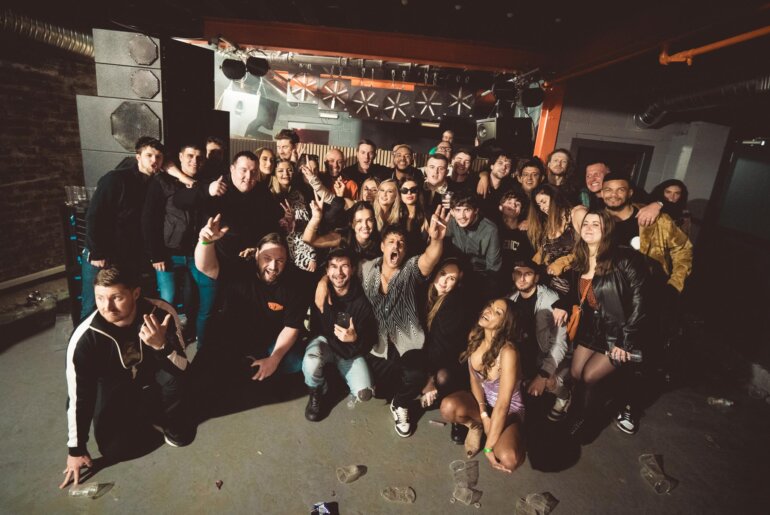
As with all venues, the Spray Shop is not perfect. Despite all of the creative lighting around the dancefloor and booth, the room can get very dark at times — which can make it difficult to see your friends, or the toilets or the way to the bar. Due to the club being underground (literally and figuratively), there is very little mobile phone signal when inside. This may lead to you immersing yourself in the night more and staying off your phone, but if you need to find your mates, it’s not ideal. The layout of the toilets could also be improved — found in the corner of the main room, the toilet location is very accessible, and upon entry, you will find urinals on your right, separated from a block of cubicles. However, when the toilets are busy, it can get very cramped in there with little space to move. Even with the Spray Shop’s relatively small capacity, the shared toilet facilities fill up very quickly.
As of right now, the Spray Shop’s location can be seen as a negative, although the Ten Streets Project is a source of optimism. There is currently limited public transport access in Vauxhall, and with Spray Shop being either a 10-minute drive or 30-minute walk from the city centre, it’s unlikely anyone will stumble across the club by accident. However the proposed redevelopment of the are could – in the future – provide more accessibility and infrastructure. For venues such as the Spray Shop, Meraki and WaV, this is an enormous positive as it will bring more foot traffic and businesses their way.
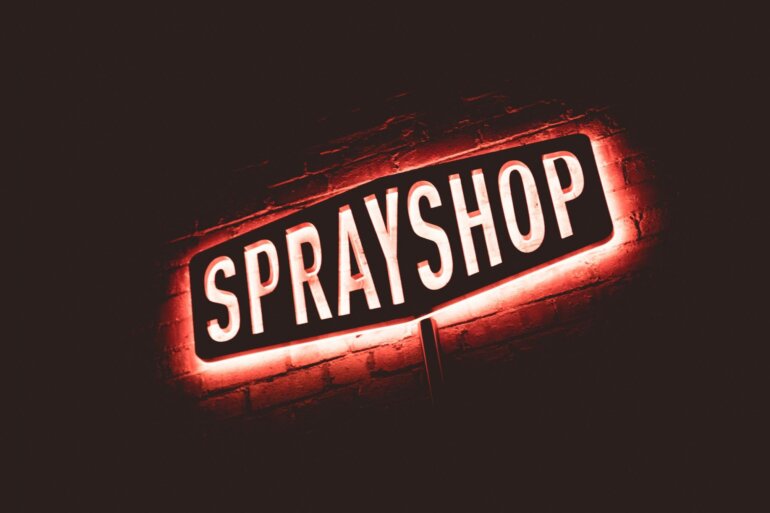
Although the Spray Shop is still a growing presence within the Liverpool scene, this has not stopped a selection of globally-renowned events, promoters, and DJs appearing there since its doors opened. Richy Ahmed, AJ Christou, Jesse Calosso, Alisha and Wheats have already made their debut beneath the fans… while the likes of Boogeyman, Runnin Red and Kaluki have also thrown events — with the latter making their return to Liverpool for the first time in five years.
Likewise the venue is the subject of a new short film that celebrates the impact of small venues, particularly in the context of Liverpool — following Muldoon, as well as actor Jay Johnson and DJ/producer Copasetic. Why Small Clubs Matter has been endorsed by NTIA CEO Micheal Kill, who described clubs like Spray Shop as “the beating heart of our communities,” and a source of hope for a beleaguered nightlife scene that has been decimated by the Cost of Living Crisis. “These intimate spaces serve as incubators for creativity, enabling emerging artists to refine their talents and establish themselves on the cultural landscape,” he writes. “Moreover, these venues act as social hubs, fostering a sense of belonging and unity among diverse groups of people. They provide a canvas for cultural expression, where music, art, and identity intertwine, creating an environment that celebrates our shared values and individuality alike. Preserving and supporting these spaces is not just about sustaining an industry; it’s about safeguarding the soul of our communities and upholding a legacy of innovation that has defined British nightlife for generations.”
We first experience the venue at a night from Manchester-based DJ trio Mason Collective, called MVSON. Having gained a stellar reputation in the past few years, the trio have managed to showcase their brand of upbeat tech-house across the world. This includes playing at Space during Miami Sound Week, headlining their own MVSON event at Off-Sonar week in Barcelona, and boasting numerous Ibiza appearances at all the island’s premier clubs including Amnesia and Hï. However, possibly their biggest achievement so far is creating a festival on their doorstep, MVSON World in Manchester. Curating a line-up featuring the likes of Pawsa, Luuk Van Dijk, and Fleur Shore, their debut festival last year was a huge success, with over 95% of tickets selling out, and their upcoming festival this year shows no signs of slowing down. One third of Mason Collective, Yung Omz, said:“Last year’s MVSON World was unbelievable, but this year is next level. The production is going to be amazing, and we cannot wait to share it with everyone.”
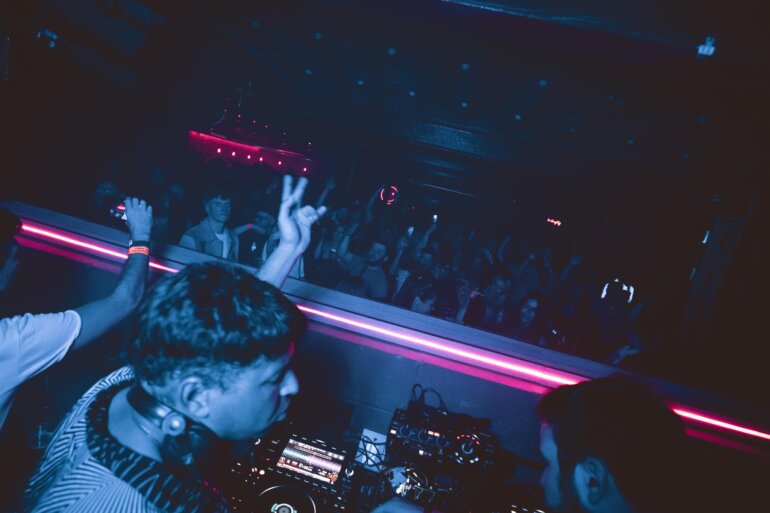
Manchester, of course, provides a multitude of opportunities for its up-and-coming artists — however, due to the number of large-scale venues and festivals on offer, the scene can sometimes prove difficult for smaller-scale offerings to thrive. However, a crop of venues on the outskirts of the city such as The Progress Centre, The Loft, White Hotel and SOUP are providing an antithesis — giving burgeoning musicians, promoters and more the opportunity to grow. This is something that the Spray Shop, and the other small-scale venues in Vauxhall, are trying to replicate: An alternative to mass-attendance events and giving a real tangible club experience for ravers. It is well on its way to achieving this, according to Mason Collective, who said after their MVSON night concluded: “This (Spray Shop) is up there with one of the sickest clubs we have played in the Liverpool. Everything was great tonight! We loved the soundsystem and the energy of the crowd the most, they were the highlights for us. It can sometimes be hard for new venues to have the right feel and energy, but this place certainly has those things.”
While there is still a large gap between the dance music scenes in both Liverpool and Manchester, the music itself is only a small part of the difference. The latter, the second largest city in the country, has much better public transport, including train access to the whole country and tram lines within the city centre. People from the surrounding areas, including in Merseyside, can attend events sometimes even more easily in Manchester — where there is no intercity transport, besides the bus network – that rarely runs past midnight. Though if the Ten Streets project truly works to help redevelop Vauxhall, then connectivity should be a focus — and as a result this already blossoming underground scene will grow even further.
Venues like the Spray Shop are beacon of hope for the city of Liverpool, as they show a new club can attract punters and break out from under the shadow of Manchester’s dominant music scene; encouraging the next generation of DJs/producers/promoters to stay in the city, and put it back on the UK clubbing radar.
Written by: Mike Keet
Similar posts
Featured post
Latest posts
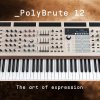
Arturia announces PolyBrute 12: “The most expressive synthesiser ever”

Armin van Buuren produces official Euro 2024 anthem

Beastie Boys announce 30th anniversary vinyl reissue of ‘Ill Communication’

Oberheim announces its most affordable poly synth yet
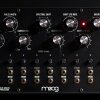
Moog announces new semi-modular filter bank, Spectravox
Current show
New Zealand's Premier Electronic Dance Music Radio In HD 24/7
Copyright - Viperfm 2025

